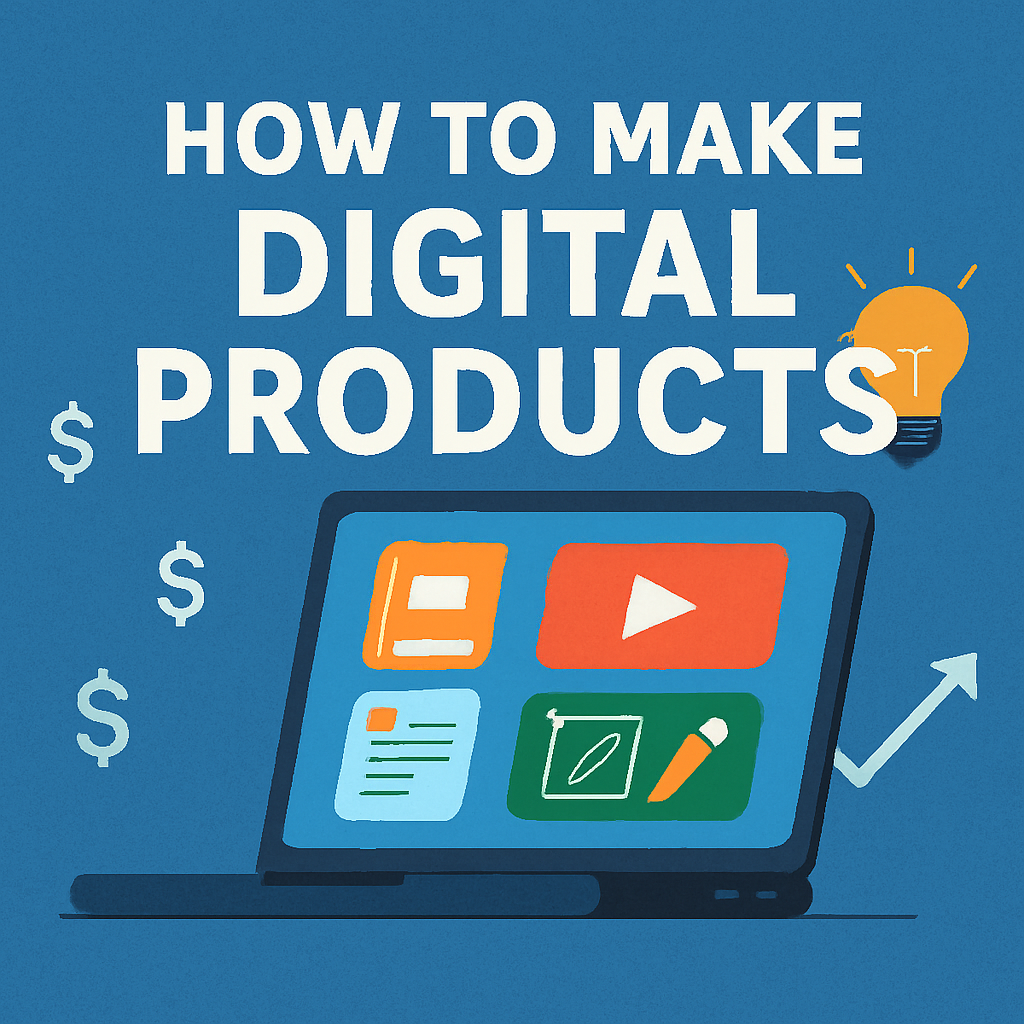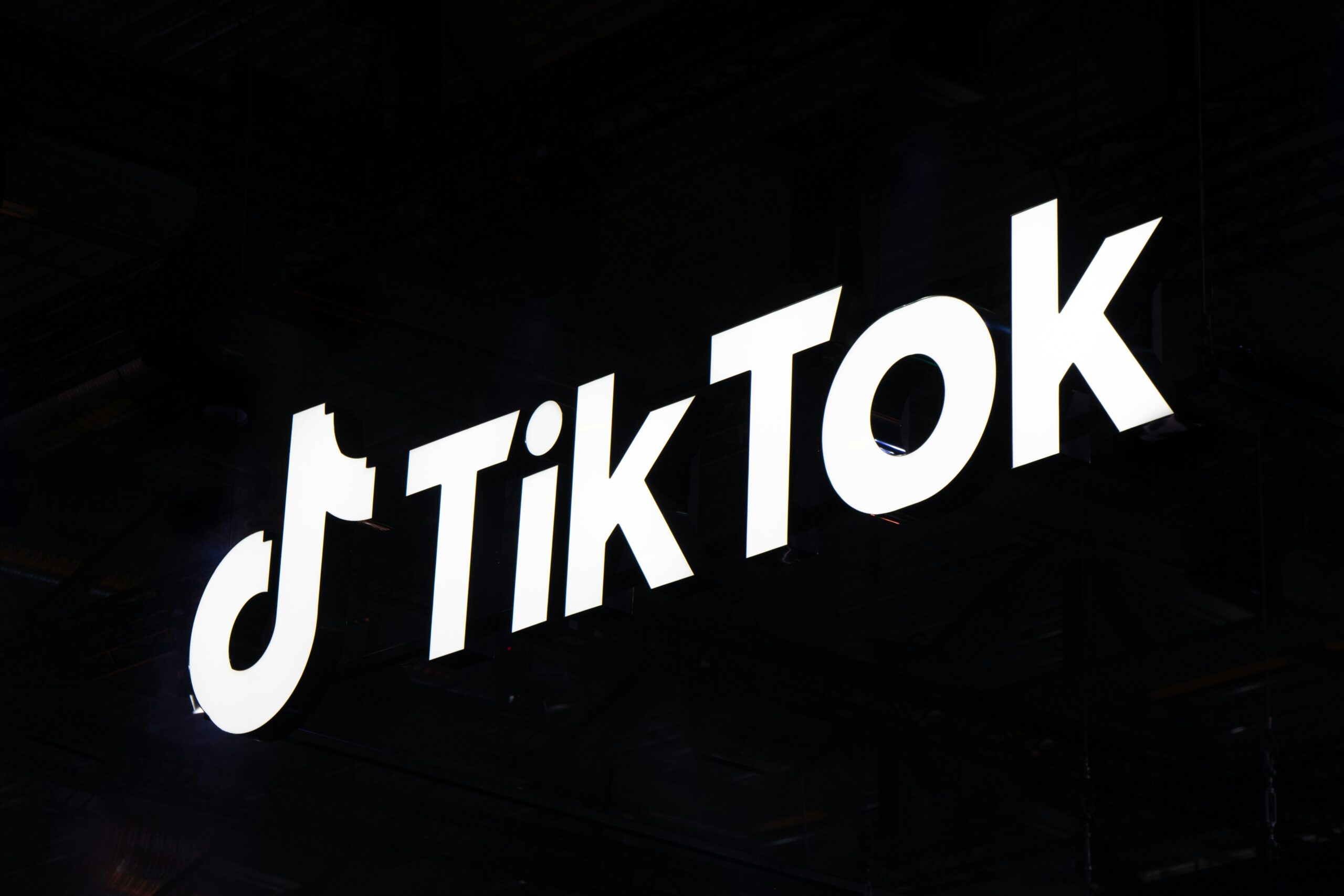Why Digital Products are the Future
If you’ve ever dreamed of making money while you sleep, digital products are the ultimate solution. Unlike physical goods, you don’t need inventory, warehouses, or massive upfront costs. You create it once and sell it infinitely.
A 2024 report by Statista shows that digital products — like ebooks, templates, courses, and digital art — are becoming a $300 billion industry globally. The opportunity is wide open!
Today, I’ll walk you through, step-by-step, how you can start creating and selling your own digital products — even if you have no experience.
Step 1: Choose a Profitable Digital Product Idea
Before you jump in, pick a product people actually want. Here are popular options:
Ebooks (guides, how-to manuals, niche stories)
Online courses (video, audio, or written)
Printables (planners, journals, stickers)
Templates (resume templates, Instagram templates)
Digital art or designs (wallpapers, stock photos)
Subscription content (exclusive memberships, paid newsletters)
Tip:
Use free tools like Google Trends or search marketplaces like Etsy and Gumroad to see what’s trending.
Step 2: Validate Your Idea
Before investing time, make sure people will pay for it.
How to validate:
Ask your audience (social media polls, email surveys)
Check competitors: If others are selling similar products, that’s a good sign.
Free test: Offer a mini version of your product for free and gauge interest.
If you’re new, I highly recommend reading 10 Legit Ways to Make Money Online to explore more validation ideas.
Step 3: Create Your Digital Product
Now the fun part: creation!
Depending on the product, here are beginner-friendly tools you can use:
Canva (ebooks, printables, templates)
Teachable or Thinkific (online courses)
Adobe Illustrator (professional digital art)
Microsoft Word/Google Docs (basic guides and templates)
Pro Tip: Start simple. Your first product doesn’t have to be perfect, just helpful.
Step 4: Set Up Your Selling Platform
You need a digital storefront.
Best options for beginners:
Gumroad (super easy, free to start)
Etsy (great for templates and printables)
Shopify (for building your own full store)
Podia (perfect for courses and digital downloads)
Also, building your own blog can supercharge your sales.
Learn how from .How Digital Nomads Build Global Careers”.
Step 5: Price It Right
Don’t undercharge. People associate higher prices with better value.
General Pricing Tip:
Ebooks: $7 – $30
Templates: $10 – $50
Online Courses: $50 – $300+
Printables: $5 – $20
Offer bundles to encourage bigger purchases!

Step 6: Promote Your Digital Product
Once it’s ready, promotion is everything.
Post on Instagram, Pinterest, TikTok
Start an email list with freebies
Run small ads if possible ($5 Facebook ads can go a long way)
Collaborate with influencers in your niche
If you’re serious, creating an SEO blog around your products helps.
You can use Neil Patel’s SEO tips to rank your pages!
Bonus Tips: How to Maximize Passive Income from Digital Products
Create evergreen products (that stay relevant for years)
Upsell: Sell additional bonuses or templates.
Offer licensing: Allow other businesses to resell your templates.
You’re Closer Than You Think
Building a passive income stream through digital products is no longer just for “tech gurus” — anyone can start today with the right mindset and tools.
The best time to begin was yesterday. The next best time? Right now.
Action Step:
Pick one product idea today, and sketch your first draft by tomorrow. You’ll thank yourself next year when you’re earning while you sleep!




